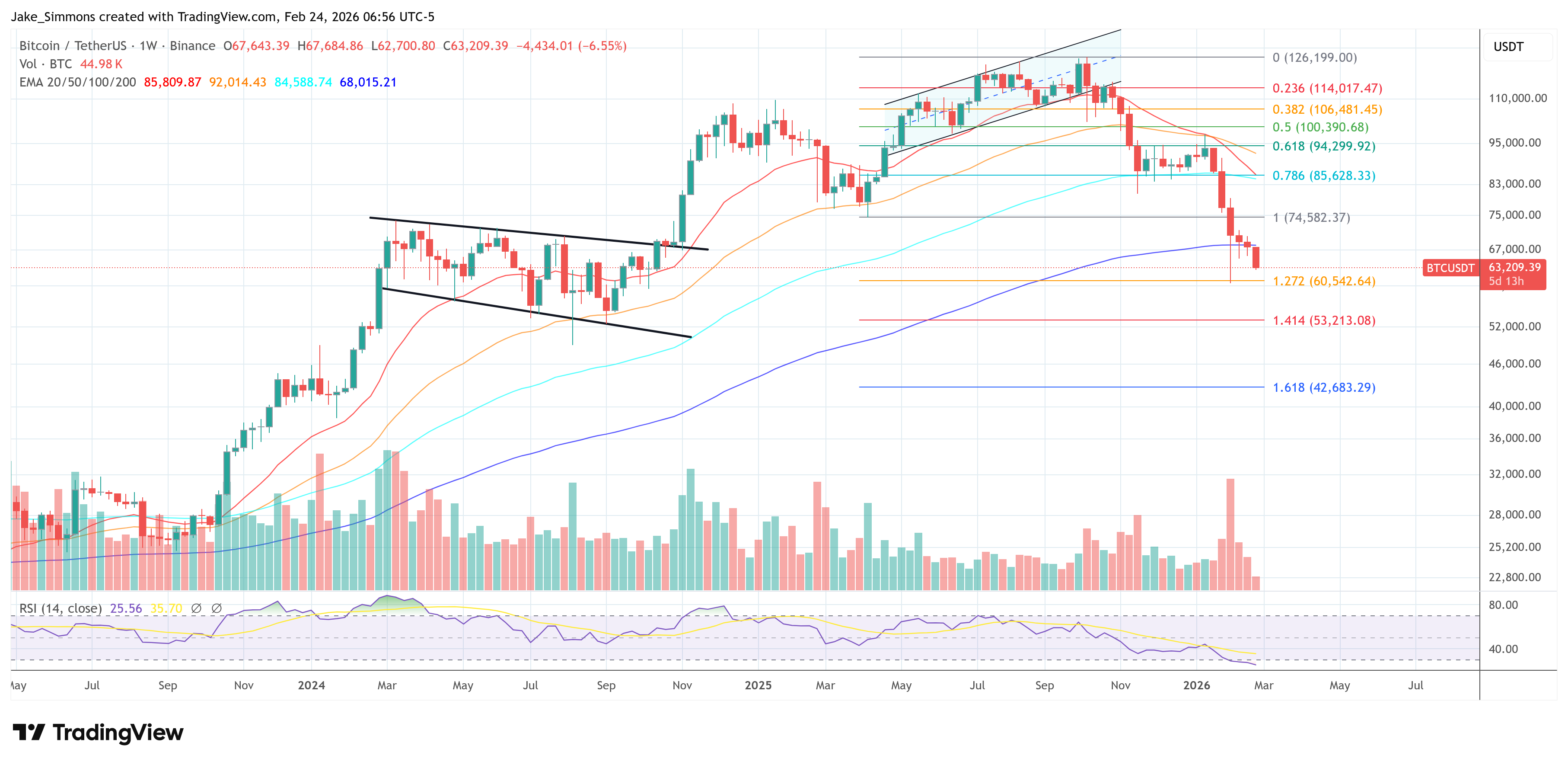These Three Apps Have Helped Me Stop Doomscrolling
If you can't turn away from the news, enlist an app to help.

If you can't turn away from the news, enlist an app to help.
We may earn a commission from links on this page.

Credit: One Sec / Headspace
During the first Trump presidency, I worked at a major news networks found it impossible to distance myself from the tumult of the daily news, which seemed to bring one alarming crisis after another. Yet even when I got home at the end of the day, I found myself scrolling and scrolling my social media feeds, unable to disengage.
Too many nights, I lay awake far into the night, reading the latest social media missives from the president and consuming the commentary and context around it all, despite the fact that in just a few hours, I'd be back in the middle of it—just more exhausted and stressed than I would have been if I'd put the phone down and gone to sleep at a reasonable hour. I had to train myself to fully disengage in my personal time, which was made easier by the fact that I was inundated with it all day.
But I don't work in political media anymore, and as the world slips into ever-worsening crises, from political upheaval to environmental disasters to endless wars, I've found myself falling into my old news-consuming habits. I know that constantly engaging with news and opinions about complex and upsetting topics isn't generally good for me, and can have a real effect on my mental health.
To help curb my habit before it gets out of control again, I've been turning to apps for regulation and distraction. Here are a few I've most found helpful.
To get just enough news: Apple News (or Google News)

Apple News Credit: Lindsey Ellefson
Obviously, commentary and context from experts and people with lived experiences can be valuable tools for making sense of the news, but it's easy to get carried away consuming post after post and reaction after reaction. If you want to cut down on how much you're consuming and scrolling but don't want to cut out getting the main news of the day altogether, try switching up where and how you get your information. Rather than looking at X or Threads, where you'll see not only the headlines but all manner of responses to them, opt for a designated news app.
I've been using Apple News ($12.99/month with a one-month free trial), which lets me customize the kinds of news I see and the publishers I read. I can open the app, glance at the headlines from these outlets, read an article if I want, and go about my day without getting sucked into a discourse hole.
I like Apple News (or Google News if you're on Android or don't want to pay Apple for the service) better than competitors like Flipboard because I don't want to have too many options. I want a curated, condensed look at current events, what other people are reading, and what I need to know, rather than a morass of too many things I could get stuck in for hours.
Use Apple News for:
Seeing the headlines of the day
Reading reputable outlets when you want to dive deeper
Getting a sense of trending stories, which are featured in their own section
Reading content that would typically be paywalled, if you have a subscription to Apple News+
Curating what you want to see and don't want to see
To curb screen time: One Sec

One Sec Credit: Lindsey Ellefson
OK, so I can't completely disengage, which is why I haven't just deleted my social apps altogether. In those cases, I try to curb my screen time. For this, I like One Sec, which forces you to pause before opening designated apps, reminds you to do breathing exercises, tracks your time spent on those designated apps, and can even block certain ones. It's free to use for one app, or $19.99/year for unlimited apps.
I set mine up to prompt me to be "intentional" when I try to open certain apps, too. When I attempt to open X, for example, One Sec asks me why I want to do that, and I have to select an option like "stay in the loop" or "can't sleep," which forces me to think about if it's really necessary at that moment. And if you like stats, One Sec tracks how many times it has prevented you from opening another app and how much time it estimates it has saved you.

Data on how many times the app has stopped me from opening X in the last day. Credit: Lindsey Ellefson
Use One Sec for:
Cutting down the time you spend scrolling
Getting hard data on how much time you spend on social media or other time-suckers
Building long-term habits that enable you to resist the urge to open an app and scroll

Headspace Credit: Lindsey Ellefson
There are two main problems with doomscrolling. First, you waste a lot of time, a problem addressed by the apps above. Second, and worse (for me), you can do major damage to your mental wellbeing. It's no good to be worked up all the time, but social and news media are both designed to get you riled up, engaged, and coming back, with no regard to how that impacts your nervous system. So in addition to cutting out doomscrolling, you should also have an app that counteracts its negative effects.
For this, I like Headspace ($69.99/year with a 14-day free trial.) It houses meditations, sleep sounds, tips on mindfulness, and more, with graphics that are simple and calming. You do have to remind yourself to use it, so this one is only beneficial if you have the wherewithal to log in and fight back against the stress, but the app is easy enough to use and produces clear enough results that it quickly became a habit for me. The meditative exercises can be small, —as short as three minutes—and can be accessed anywhere, which is why I favor Headspace over other de-stressing apps I've tried.

A meditation I joined with 400 other people when I was feeling stressed. Credit: Lindsey Ellefson
Use Headspace for:
Monthly check-ins to track your progress on stress or anxiety (depending which you are focused on)
Brown noise to fall asleep to (which I selfishly like because it prevents me from wrecking my Spotify algorithm with hours of hissing)
A daily offering of custom grounding exercises, meditations, focus sessions, and even music, some of which you participate in with a group, so you feel less alone

Lindsey Ellefson
Features Editor
Lindsey Ellefson is Lifehacker’s Features Editor. She currently covers study and productivity hacks, as well as household and digital decluttering, and oversees the freelancers on the sex and relationships beat. She spent most of her pre-Lifehacker career covering media and politics for outlets like Us Weekly, CNN, The Daily Dot, Mashable, Glamour, and InStyle. In recent years, her freelancing has focused on drug use and the overdose crisis, with pieces appearing in Vanity Fair, WIRED, The New Republic, The Daily Beast, and more. Her story for BuzzFeed News won the 2022 American Journalism Online award for Best Debunking of Fake News.
In addition to her journalism, Lindsey is a student at the NYU School of Global Public Health, where she is working toward her Master of Public Health and conducting research on media bias in reporting on substance use with the Opioid Policy Institute’s Reporting on Addiction initiative. She is also a Schwinn-certified spin class teacher. She won a 2023 Dunkin’ Donuts contest that earned her a year of free coffee. Lindsey lives in New York, NY.

 UsenB
UsenB 


































